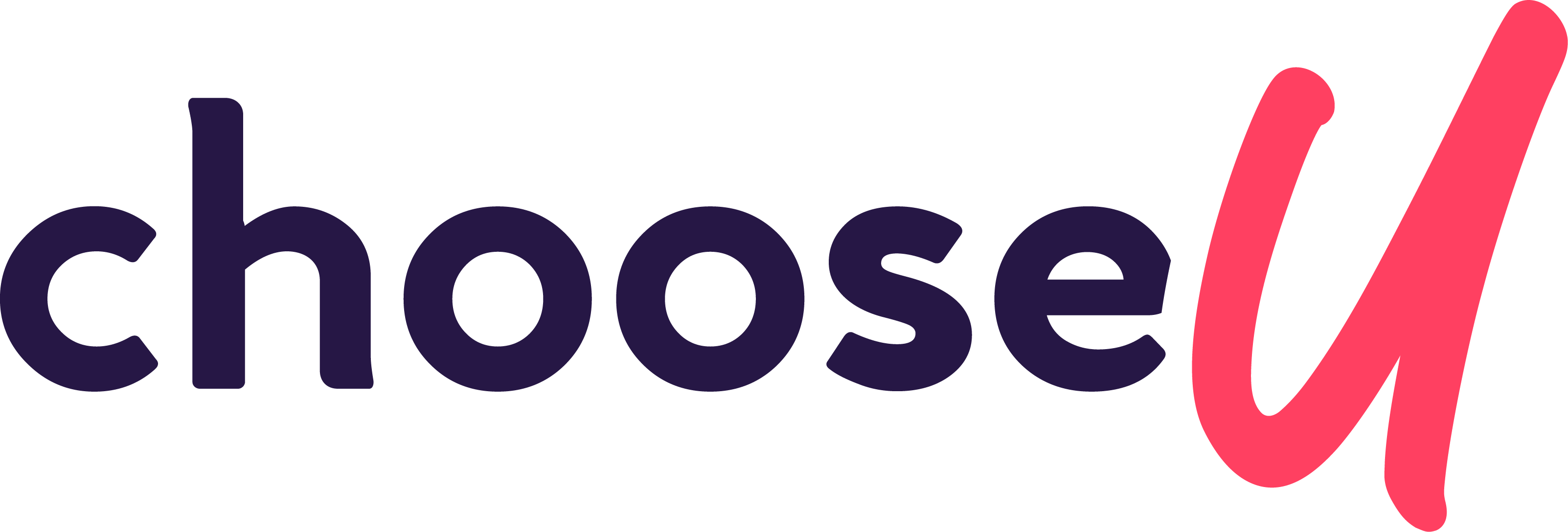Successful interviews require clear, confident responses that showcase your qualifications while demonstrating cultural fit. Familiarity with common questions and well-prepared answers boosts performance and leaves a strong impression. The key is not to memorize scripts, but to understand the intent behind each question and prepare authentic responses that highlight your unique value proposition.
These ten questions appear in over 90% of job interviews across industries. By preparing thoughtful responses using proven frameworks like STAR (Situation, Task, Action, Result), you'll feel more confident and deliver compelling answers that set you apart from other candidates.
Top 10 Interview Questions and Effective Responses
1. Tell me about yourself
This opening question sets the tone for the entire interview. Begin with your current role, highlight key achievements, and connect your experience to the position you're seeking. Keep your response to 2-3 minutes and focus on professional accomplishments rather than personal details.
Sample Answer Framework:
"I'm currently a [current role] with [X years] of experience in [relevant field]. In my current position at [company], I've successfully [specific achievement]. What excites me about this opportunity is [connection to the role], and I believe my background in [relevant skills/experience] would allow me to contribute immediately to your team's goals."
💡 Pro Tips:
• Practice a 60-second, 90-second, and 2-minute version
• End by connecting to why you're interested in this specific role
• Avoid personal details like marital status or hobbies unless directly relevant
2. Why do you want to work here?
Demonstrate knowledge of the company's mission, values, and recent developments. Align your career objectives with their goals and show genuine enthusiasm for contributing to their success. This question tests whether you've done your homework and are genuinely interested in the company, not just any job.
Sample Answer Framework:
"I'm drawn to [Company] because of [specific reason related to mission/values/recent news]. Your commitment to [specific company value/initiative] aligns perfectly with my professional values and career goals. I'm particularly excited about [specific project/department/opportunity] because it would allow me to [specific contribution you could make]."
🔍 Research Tips:
• Review the company website, recent news, and social media
• Look up the interviewer on LinkedIn
• Understand their competitors and market position
• Find connections between your values and theirs
3. What are your strengths and weaknesses?
Present two or three strengths with specific examples that relate to the job requirements. For weaknesses, identify a genuine area for improvement and describe concrete steps you're taking to address it. Avoid clichés like "I'm a perfectionist" or strengths disguised as weaknesses.
Strengths Example:
"One of my key strengths is problem-solving. In my previous role, I identified a process inefficiency that was costing the team 5 hours per week. I developed a new workflow that reduced processing time by 40%, which freed up the team to focus on higher-value activities."
Weakness Example:
"I've realized that I sometimes focus too much on details and can lose sight of deadlines. I've been working on this by using project management tools to break large tasks into smaller milestones with specific deadlines, and I set calendar reminders to check my progress regularly."
4. Describe a challenge you faced and how you overcame it
Structure your answer with the STAR method: Situation, Task, Action, and Result. Choose a professional challenge that demonstrates problem-solving skills, resilience, and the ability to learn from difficult situations. Focus on your specific actions and the positive outcome.
STAR Method Example:
Situation: "Our team was behind schedule on a critical project due to unexpected technical issues."
Task: "As the project lead, I needed to get us back on track without compromising quality."
Action: "I reorganized the timeline, identified tasks that could be done in parallel, and arranged for additional technical support."
Result: "We delivered the project on time and received positive feedback from the client."
5. Where do you see yourself in five years?
Outline realistic objectives that align with the role and company growth opportunities. Show ambition while demonstrating commitment to the organization. Avoid mentioning other companies or completely unrelated career paths.
Sample Answer:
"In five years, I see myself having grown significantly in my expertise in [relevant field] and taking on increased responsibilities, possibly in a senior [relevant role] position. I'd love to have contributed to major projects that drive [company goal], and ideally, I'd be mentoring newer team members and helping to shape the strategic direction of our department."
6. Why should we hire you?
Summarize your unique qualifications and explain how they deliver value to the team. This is your elevator pitch—combine your most relevant skills, experiences, and achievements that directly address their needs.
Sample Answer Framework:
"You should hire me because I bring a unique combination of [relevant skill 1], [relevant skill 2], and [relevant experience]. In my previous role, I [specific achievement that relates to their needs]. I'm particularly excited about this role because [connection to their challenges/goals], and I'm confident I can [specific value you'll bring]."
7. Can you provide an example of teamwork?
Share a collaborative project where you played a meaningful role. Describe your specific contribution, how you worked with others, and highlight the successful outcome. Focus on your ability to communicate, compromise, and contribute to team success.
Sample Answer:
"I worked on a cross-functional team to launch a new product feature. My role was to coordinate between the design and development teams. I organized weekly sync meetings, created shared documentation to track progress, and helped resolve conflicts when priorities differed. The feature launched on schedule and exceeded our initial user adoption goals by 25%."
8. How do you handle stress and pressure?
Explain your coping strategies and illustrate with a real‑life example. Show that you can maintain performance quality under pressure and have healthy methods for managing stress. Employers want to know you won't crack under pressure.
Sample Answer:
"I handle stress by staying organized and breaking large tasks into manageable steps. When facing tight deadlines, I prioritize tasks based on impact and urgency. For example, during our busy season last year, I created a daily priority matrix and scheduled short breaks to maintain focus. This approach helped me complete all critical tasks on time while maintaining quality standards."
9. Give an example of leadership
Describe a scenario where you guided a team or initiative and achieved measurable results. Leadership doesn't require a formal title—focus on times you took initiative, influenced others, or drove positive change.
Sample Answer:
"When our team was struggling with communication issues, I took the initiative to propose a new meeting structure. I researched best practices, presented a plan to my manager, and volunteered to facilitate the new format. Within a month, our team productivity increased by 20% and team satisfaction scores improved significantly."
10. Do you have any questions for us?
Always prepare thoughtful questions about the role, company culture, and future opportunities. This shows genuine interest and helps you evaluate if the position is right for you. Avoid questions about salary, benefits, or vacation time in initial interviews.
Great Questions to Ask:
• "What does success look like in this role after the first 90 days?"
• "What are the biggest challenges facing the team right now?"
• "How would you describe the company culture?"
• "What opportunities are there for professional development?"
• "What do you enjoy most about working here?"
❌ Questions to Avoid:
• Anything easily found on their website
• Salary or benefits (save for later rounds)
• "What does your company do?"
• Negative questions about company problems
Ready to ace your next interview?
Register for our Mock Interview Workshop and refine your answers with expert feedback!


